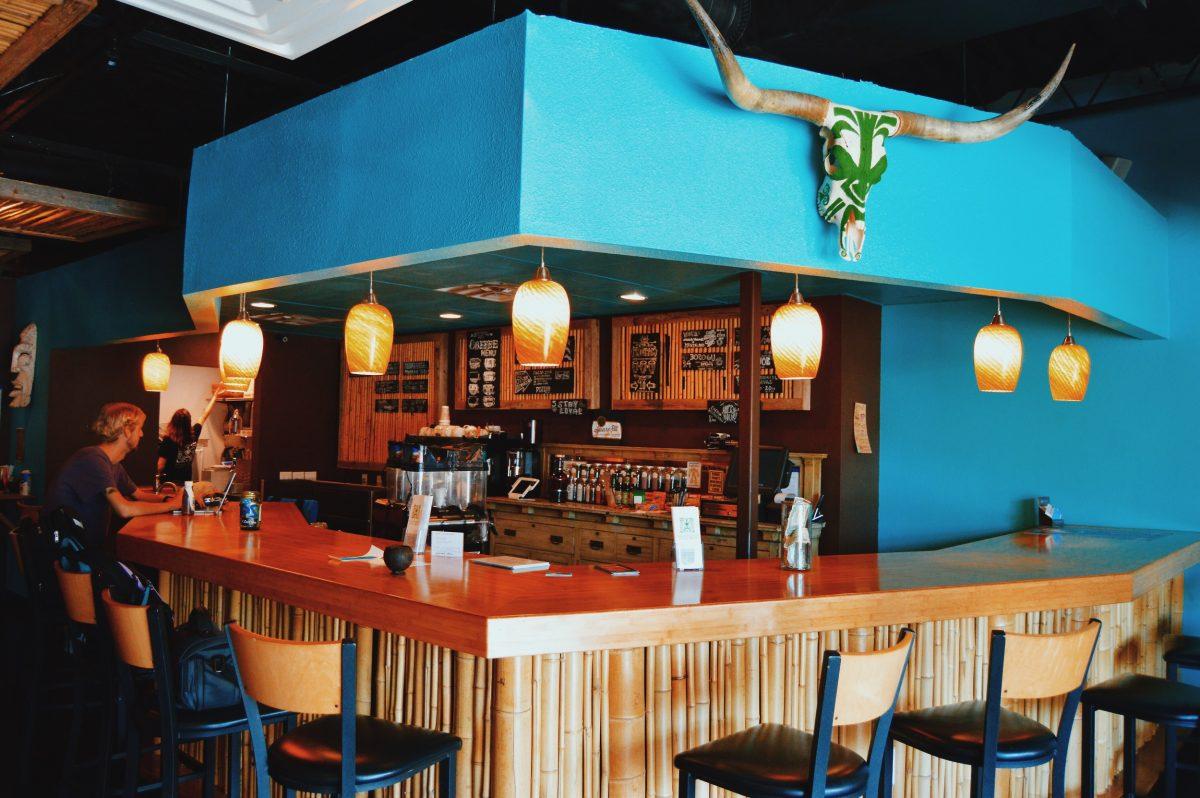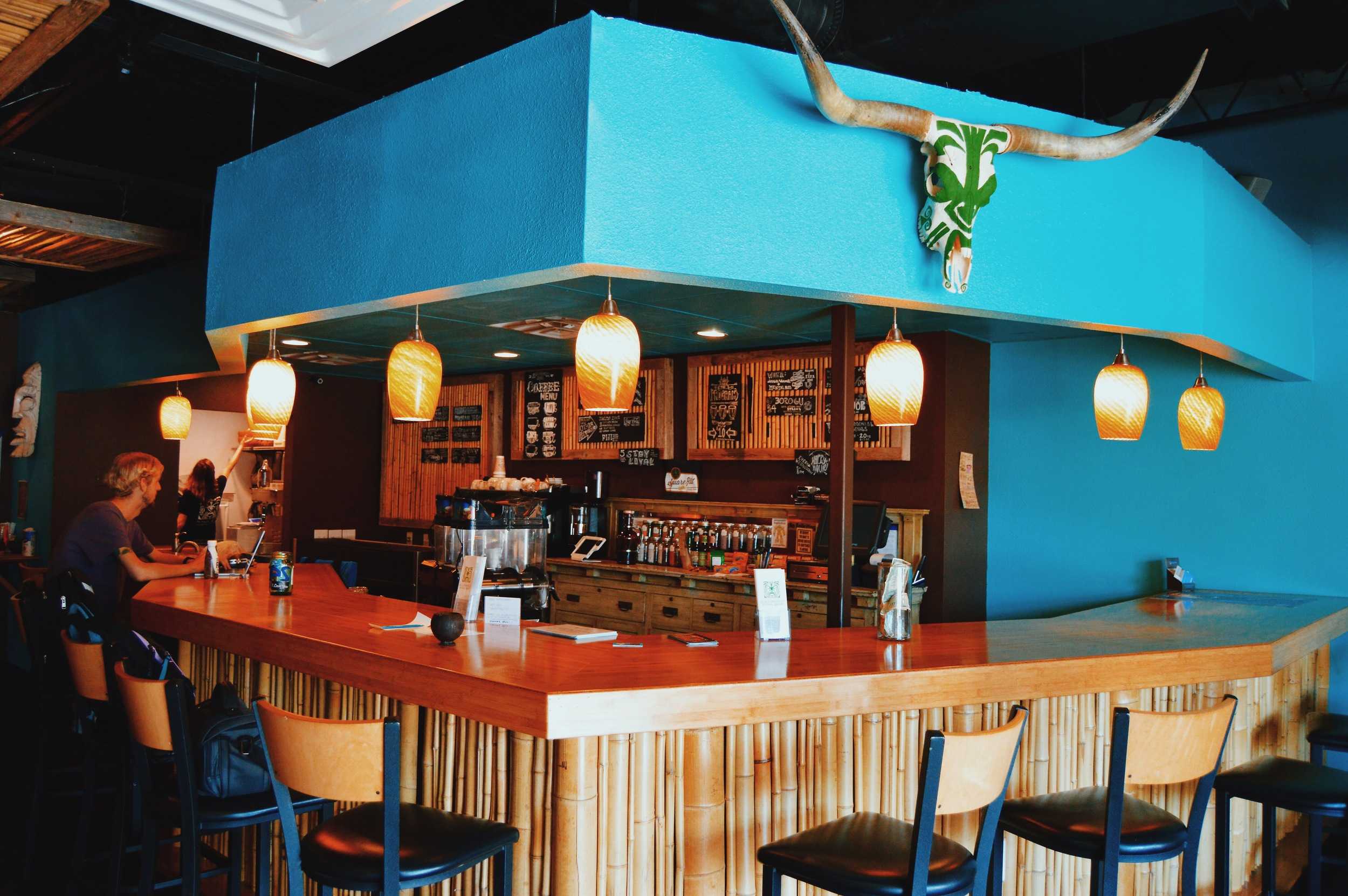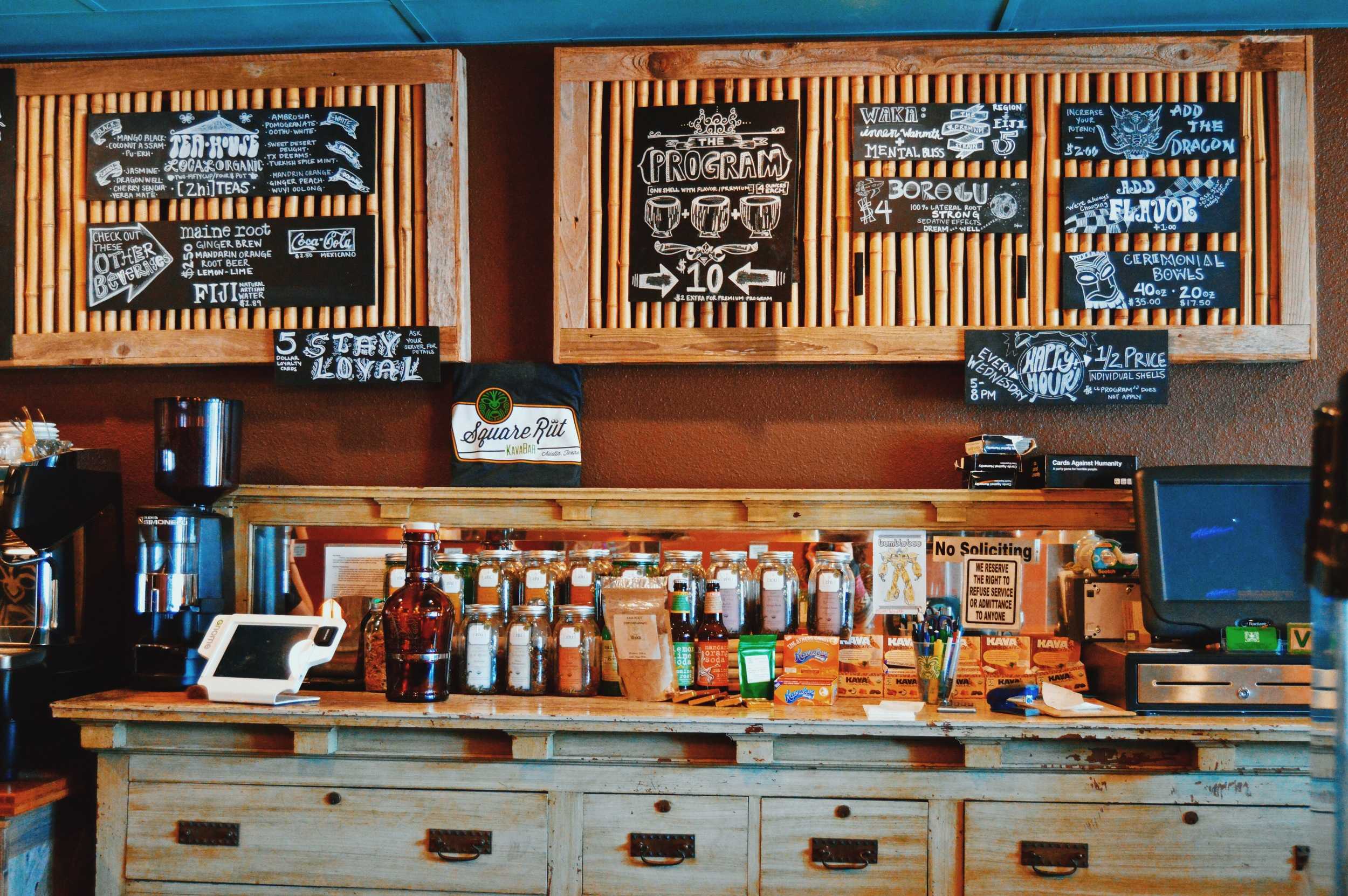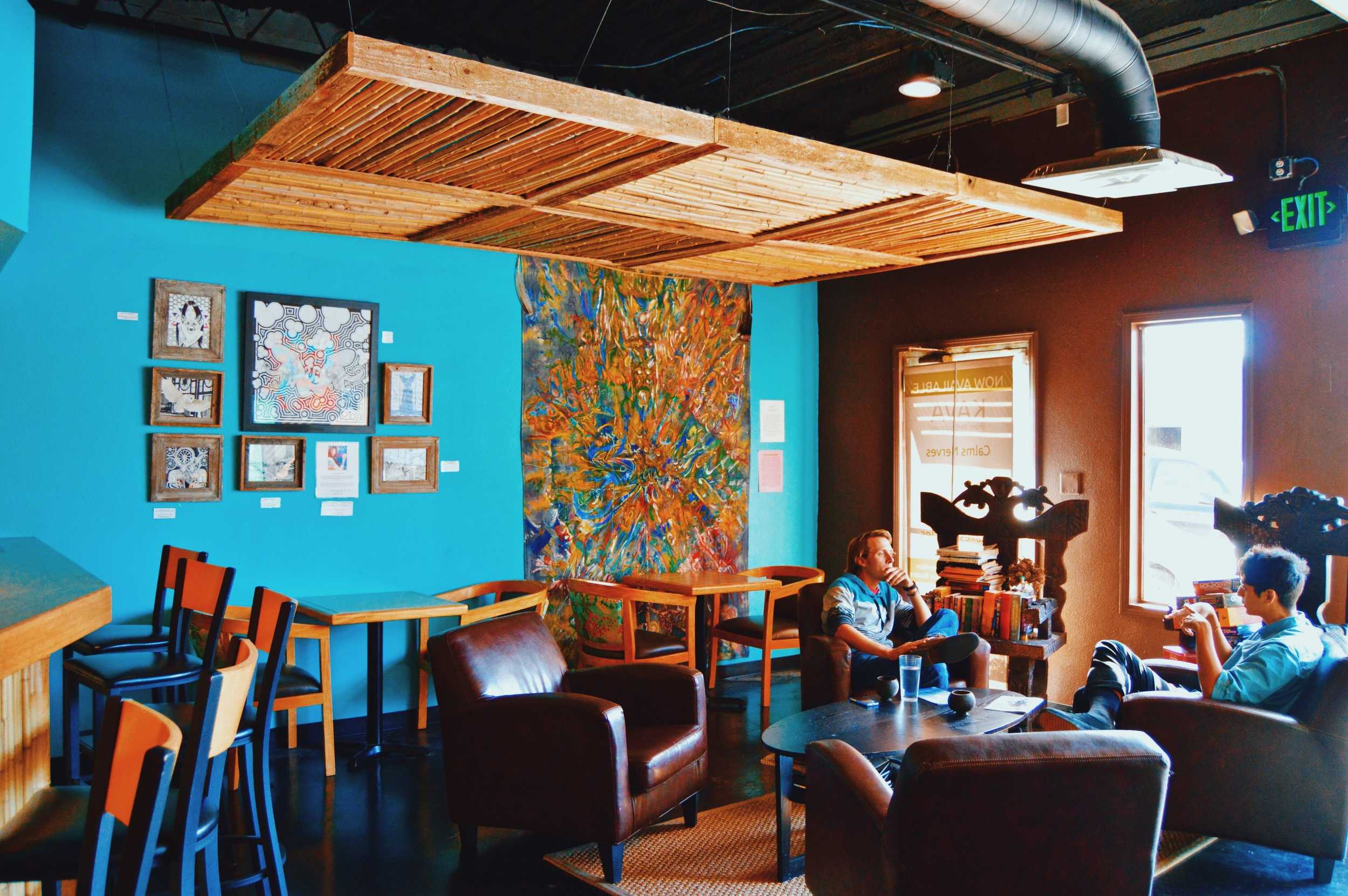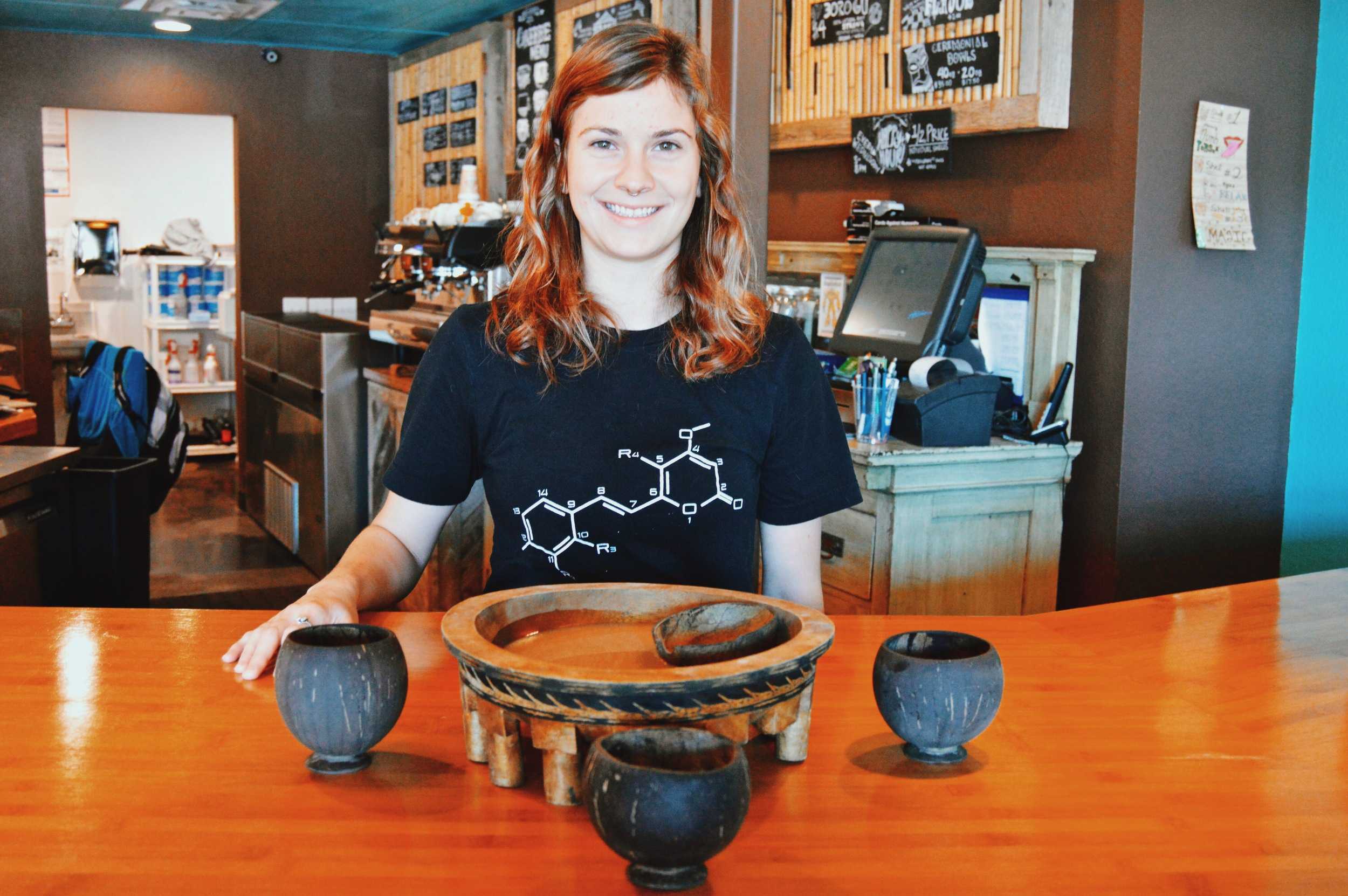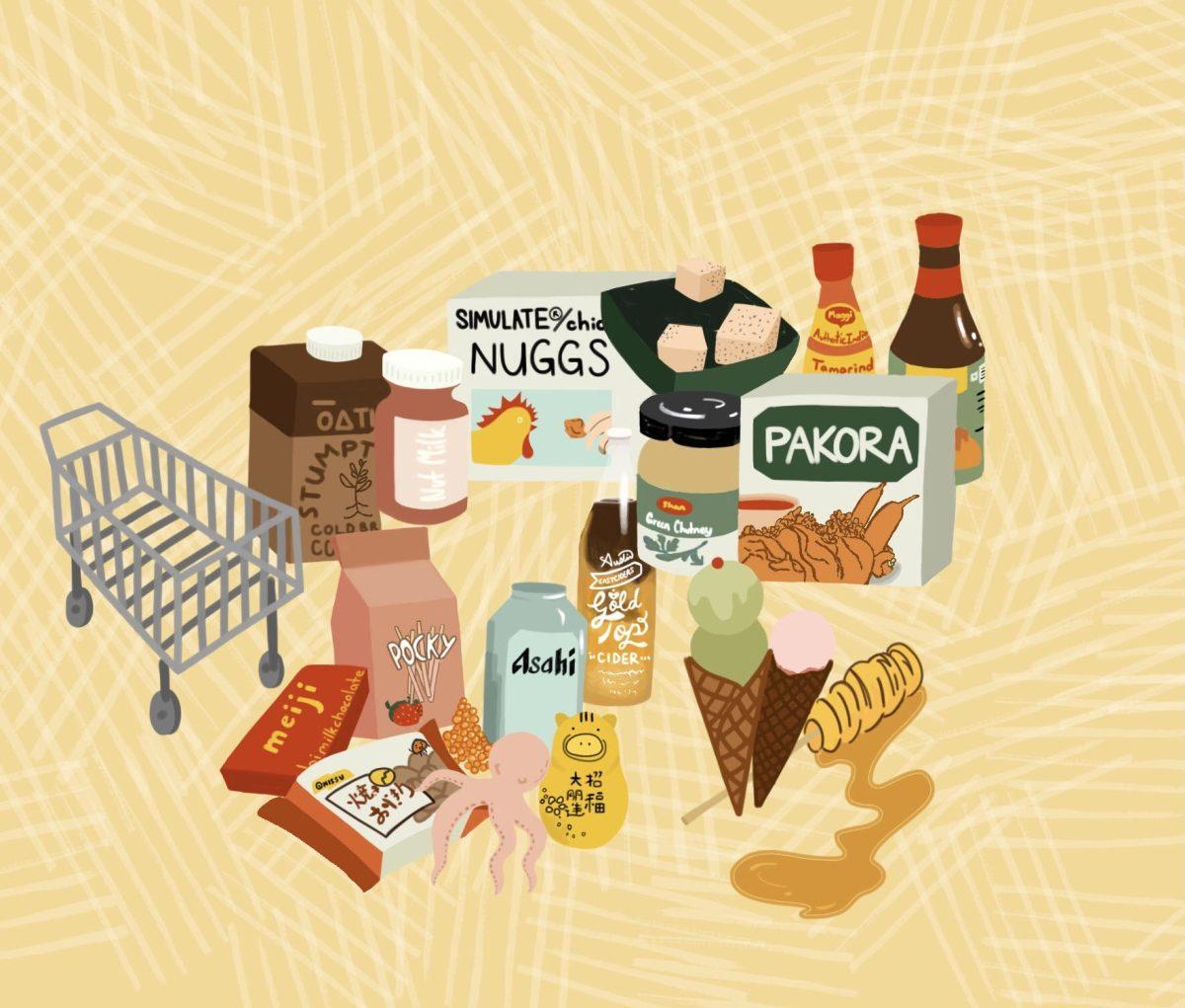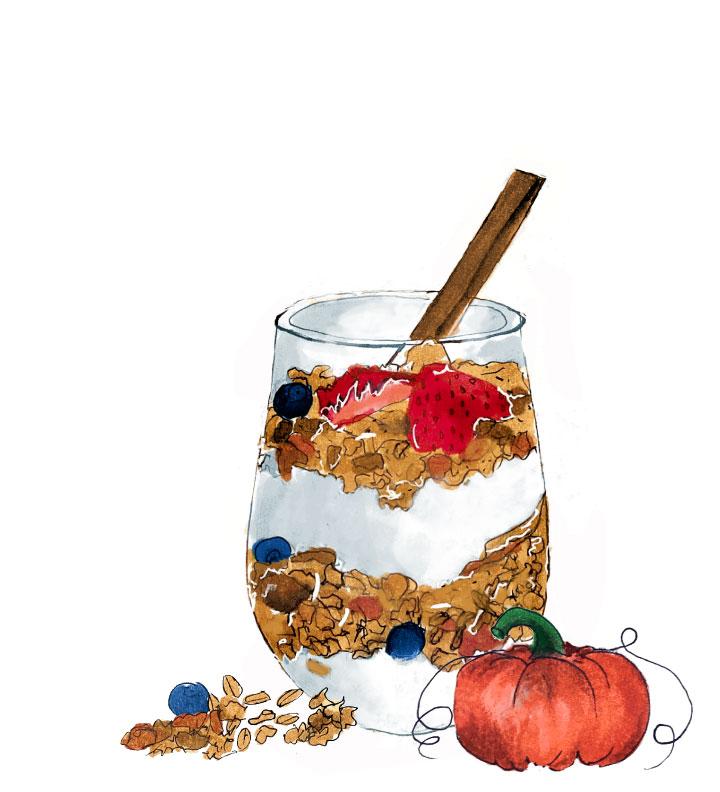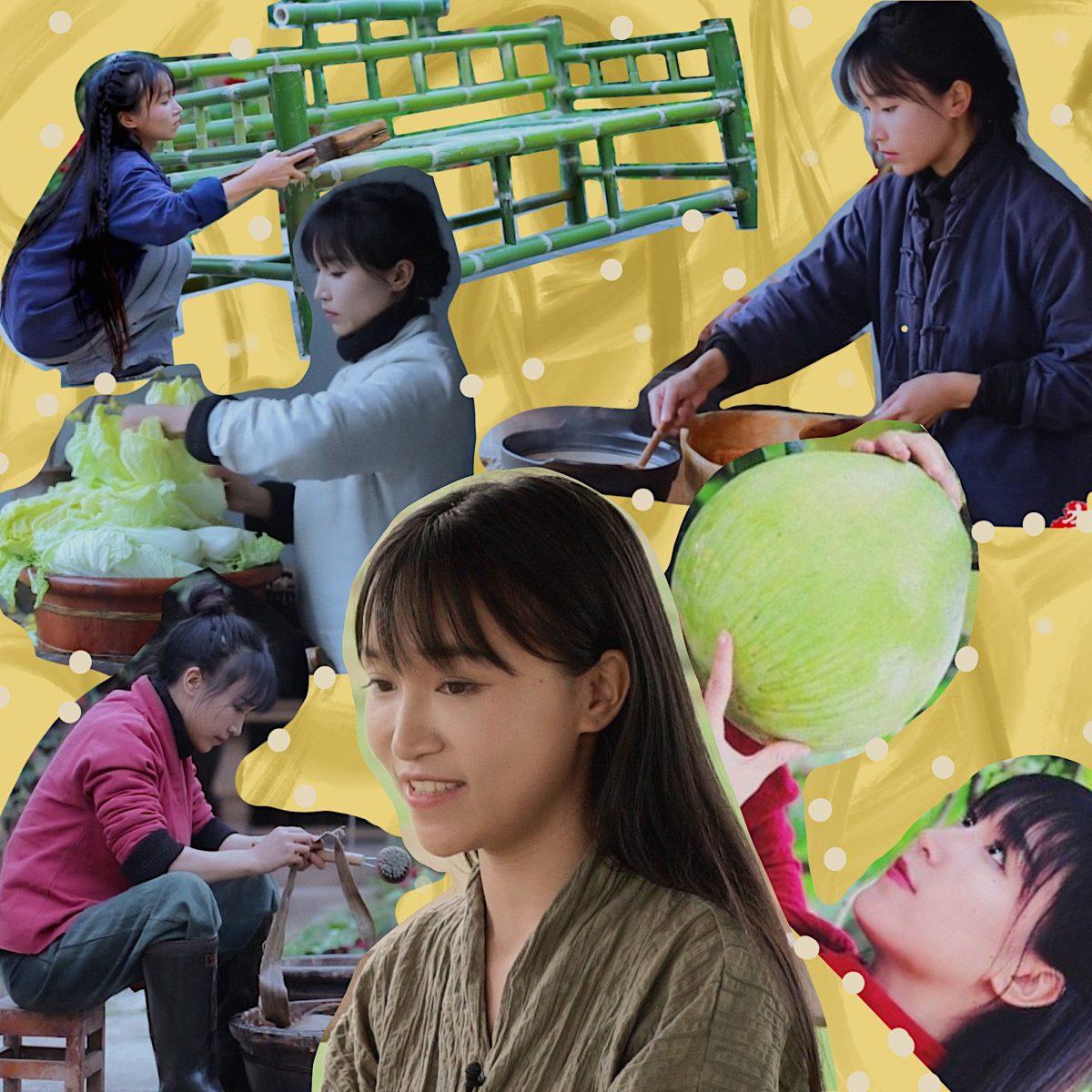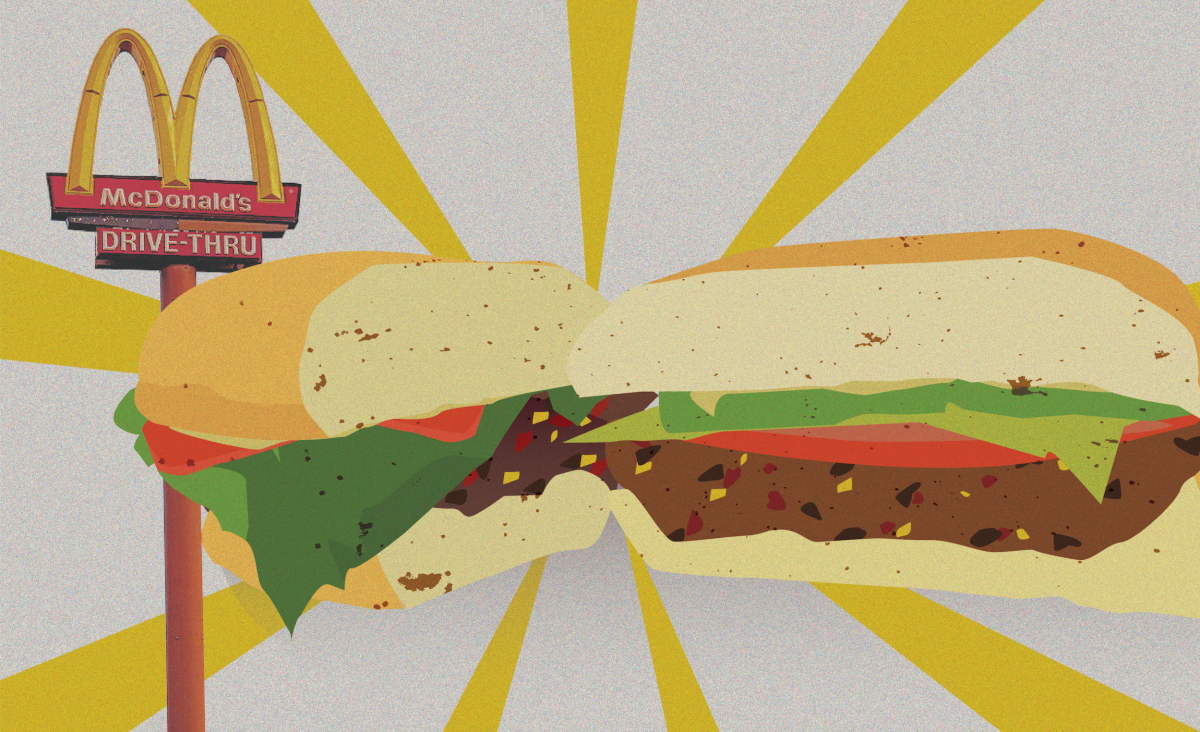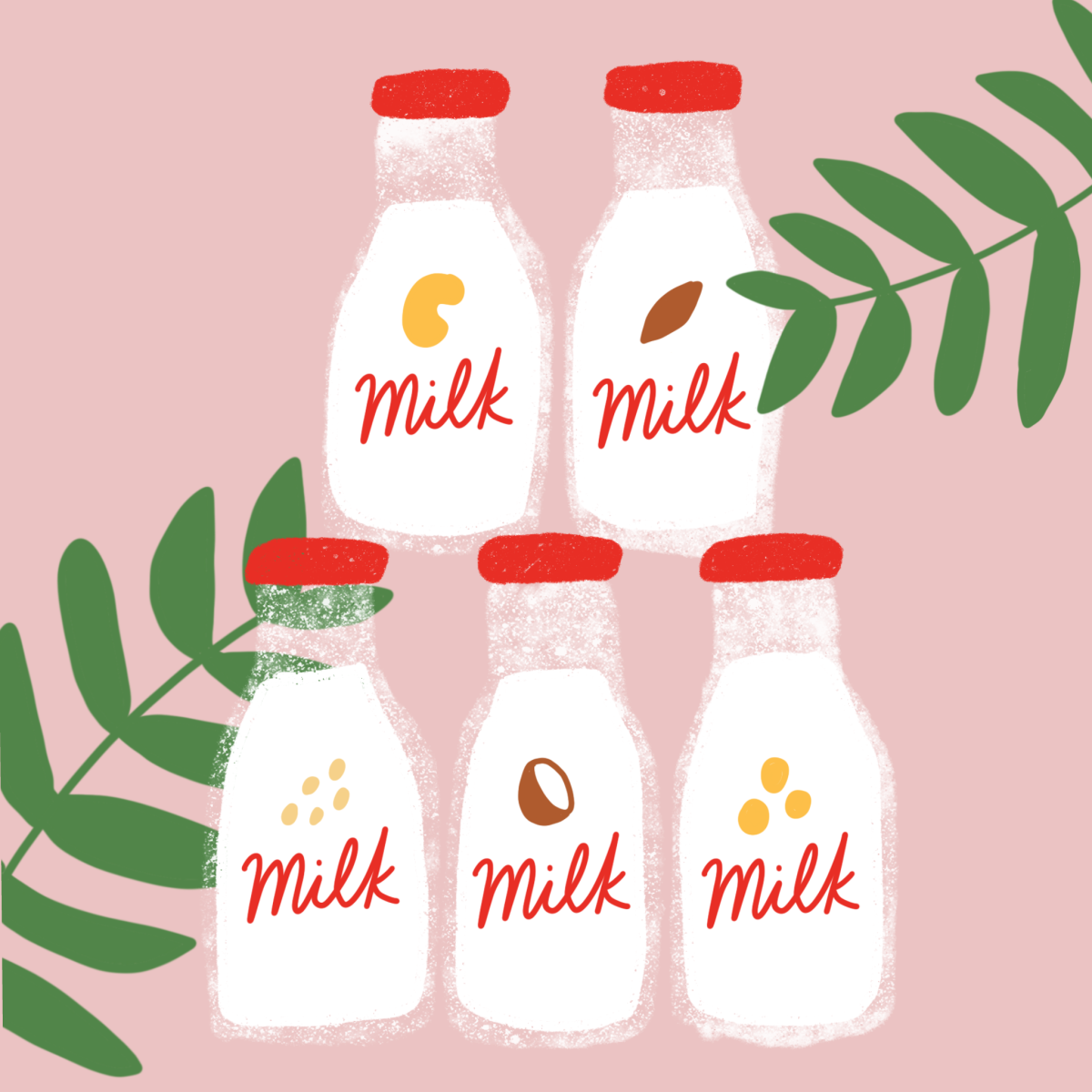Editor’s Note: This story appeared in the December 2015 ORANGE Issue IV.
My lips and tongue become numb. I look down at the coconut shell in my hand, still half-filled with a murky brown liquid. The thick taste of earth and grit is strong, but I bring the shell back to my lips and drain the remaining tea. Stacks of board games and metaphysical books rest on the coffee table. Offbeat instrumental music, a cross between jazz and reggae rhythms, drifts out of the speakers above the bar.
Story By Raven Cortright
Photos By Alejandra Martinez
“I assume you’ve got the numbing now,” Scott Pingel says, sitting across from me in the comfortable chairs. “If you haven’t, it’s coming.” My entire mouth is definitely tingling, bordering on numbness. A few minutes later, I feel at ease and sink a little deeper into my seat. Worries of upcoming exams and assignments fade to the background of my thoughts, and soon I am warmly conversing with random strangers at the bar, something out of character for my introverted personality.
I am at SquareRüt, one of the only bars in Texas serving up a unique beverage called kava tea. The beverage is made from the roots of kava plants, which are grown in South Pacific islands such as Fiji, Vanuatu, the Samoas and Tonga because they require heavy amounts of shade and moisture. Kava grows best in a tropical climate because it flourishes as an understory crop, growing in the lower levels of rain forests. For centuries, the root has been used ceremonially and was acclaimed for its relaxation properties. It is made by drying and grinding the root and then mixing it in water without any additives. Pingel, SquareRüt owner, was first exposed to the drink in South Florida before bringing it to Austin. “If this product was going to work anywhere in Texas, that would be Austin,” he says. “So if it didn’t work here, it wouldn’t work anywhere.”
SquareRüt has seen a constant uptick in sales since they opened their first location on South Congress four years ago with regular monthly growth of 25 percent. Pingel and his wife own two locations, one on North Lamar and another on South Congress, with a new location opening on Barton Springs in the near future. Other than kava tea, SquareRüt serves up tea from Zhi, a local company, as well as espresso beverages and chocolate. Currently, Pingel is preparing to launch a brand of kava lemonade called KavaChiller. Despite its growth, few people seem to know exactly what kava tea is, let alone its interesting effects.
Once consumed, chemicals called kavalactones in the root cause a temporary numbing of the mouth, tongue and lips. Its users claim that, after the initial reaction, kava tea is an excellent substitute for relaxants, anti- anxiety drugs, insomnia medications and alcohol.
Pingel recommends drinking 12 ounces, or three coconut shells — SquareRüt’s vessel of choice — to get the full effect. “After the first shell, you get the numbing,” Pingel says. “And then you should kind of feel your jaw relax a little bit. It’s going to start at the top and work it’s way down. The second shell, when you get into it, you’re going to feel your shoulders physically drop. So it’ll be like you just got back from a massage. It’s almost that intense. And then the third one just kind of helps relax the rest of the body.”
University of Maryland Medical Center doctors researched the effects of kava tea on the body in 2014 and found that the chemicals in the plant which give it its active properties cause muscle relaxation and promote better sleep, while also containing anesthetics that relieve pain and cause the temporary numbing. Often used as a substitute for drugs such as Xanax, some people rely on kava tea to unwind and naturally treat emotional, mental or social disorders.
John Miller, a regular SquareRüt customer, finds himself at the kava bar five days a week to ease his social anxiety. “My actual anxiety got worse in about the last two years, three years, just that early mid-20s stuff that happens,” Miller says. “It’s been helpful ever since to have kava because you know some other substances that are available, such as alcohol, can be too impairing. They can create a habit that is not sustainable. Whereas kava is something that is not as severe, not as powerful.”
According to Miller, the use of kava tea as a substitute for alcohol is quite popular. “If you Google ‘alternatives to alcohol,’ I believe kava tea is one of the first things that pops up,” Pingel adds. Because it creates a sense of relaxation and social ease without the worry of inebriation or bodily harm, many health professionals recommend kava tea as an ideal alternative. The use of kava to combat anxiety was supported by a 2013 study led by the University of Melbourne that was published in the Journal of Clinical Pharmopsychology. The research concluded that “kava could be an alternative treatment to pharmaceutical products for the hundreds of thousands of Australians who suffer from Generalised Anxiety Disorders (GAD).”
One of the major upsides of the drink compared to alcohol is that it only takes a small amount to get the desired effect, and once that effect has been achieved, drinking more kava will not intensify the sensation. “You’re not going to be impaired, you can sit here and drink 20 of them and never experience any kind of buzz or any impairment,” Pingel says. “That being said, 12 ounces is about all you need because you’ll kind of plateau a little.” Kava actually has a reverse intoxication effect — the more regularly exposed to kavalactones, the less you need to drink to feel the desired effects.
SquareRüt’s atmosphere is also relaxing in itself. A cross between a coffee shop and a bar, soothing music and artwork make the space feel comfortable. From the large chairs beside stacks of board games to the bar offering tea and espresso beverages, the place has less traffic than most buzzing coffee shops and bars. “I notice a lot of people really coming out of their shell here,” Miller says. “I notice a lot of groups that come in with one energy, leaving with a completely different energy. Often you’ll have them playing Cards Against Humanity after just having sat and talked. There’s often a levity to this place that I really enjoy.”
Alisha Penna, a server at SquareRüt and massage therapy student, agrees that the product and interior make an ideal social atmosphere. “It’s just that feeling of coming to a friend’s house,” Penna says.
The use of kava tea in mainstream society still remains a little obscure. But Pingel and others are confident it is important to many Austinites. “We’re seeing kava bars popping up at a pretty rapid rate right now,” Pingel says. “Do I think it’ll be a Starbucks? Probably not, but there is some traction with kava right now.”
Regardless, some products can be appreciated for their unfamiliarity and valued for their obscurity, like the underground music scene. Pingel is content staying rooted as a local independent business, rather than forcing kava into mainstream culture to become a name brand. Luckily, Austinites can appreciate the exclusivity of Texas’s few kava bars, allowing full appreciation of this exotic psychoactive beverage. “I’m happy where we’re at,” Pingel says. “Certainly, we still have a lot of room to grow here in Austin. But certainly we’re the only one in the state of Texas — so when you come here, it’s an experience.”































